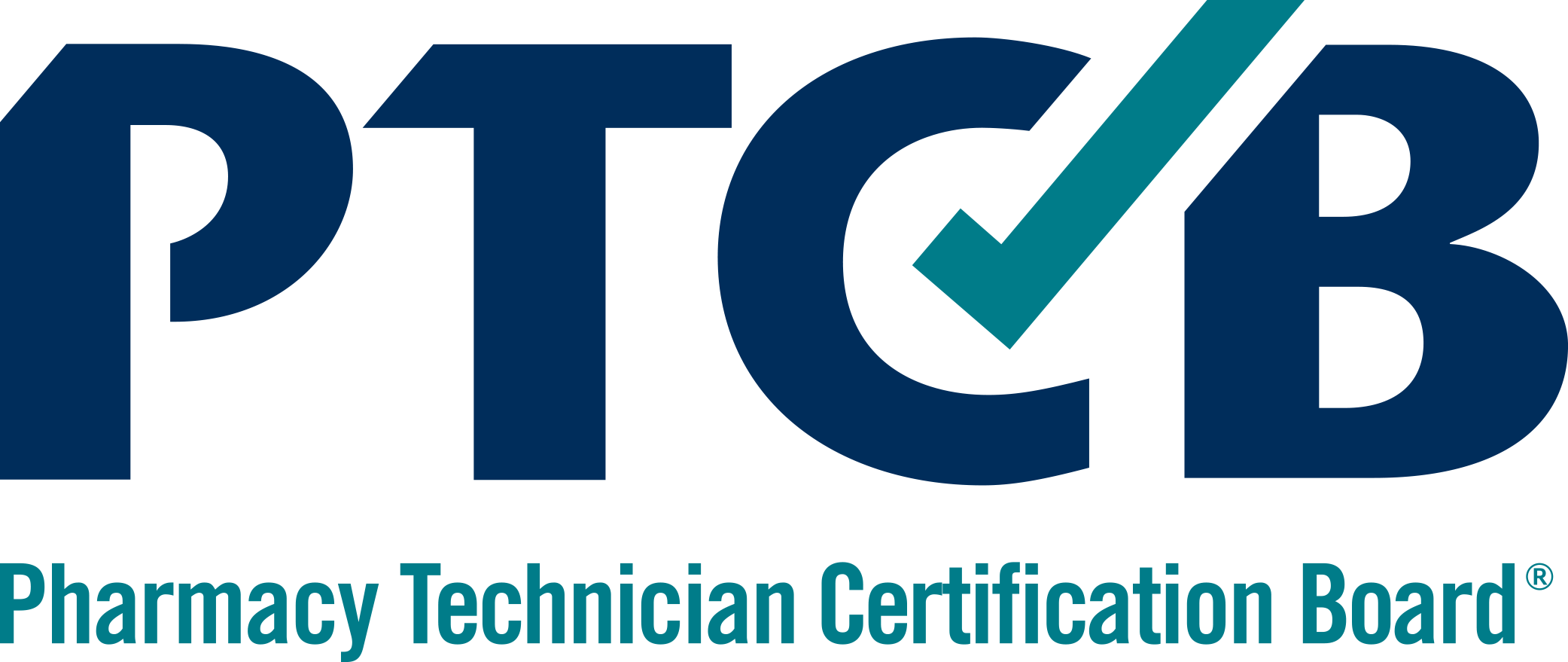Continuing education (CE) is a cornerstone of professional growth and excellence in pharmacy practice. For pharmacy technicians, who are increasingly taking on expanded roles and responsibilities, accessible and affordable CE is not only important but also essential.
THE SIGNIFICANCE OF ACCESSIBLE AND AFFORDABLE CE
In today’s rapidly evolving health care landscape, pharmacy technicians are assuming more significant roles in patient care, medication management, and pharmacy operations. As these responsibilities expand, the need for continuous learning and skill development becomes paramount.
Pharmacy technicians often express frustration with the lack of free CE available tailored for pharmacy technicians vs the widespread availability of free CE for pharmacists. That availability has increased in recent years, but there is still more work to be done. Accessible and affordable CE enables technicians to stay updated with the latest practices, regulations, and technologies, enhancing their competence and contribution to health care teams.
About the Author
Liza Chapman, PharmD, FAPhA, serves as PTCB’s chief professional officer, where she is responsible for developing partnerships with the pharmacy community, including educators, employers, state and national pharmacy associations, and state boards of pharmacy to advance pharmacy technician roles and responsibilities, as well as medication safety. Chapman received her PharmD from Mercer University College of Pharmacy and completed a community based pharmacy residency program in conjunction with Mercer and The Kroger Co.
SUPPORTING TECHNICIANS’ EXPANDED RESPONSIBILITIES
Pharmacy technicians often collaborate closely with pharmacists in various health care settings. As they take on tasks traditionally performed by pharmacists, such as medication reconciliation, patient education, and immunization administration, it is crucial for technicians to have access to pharmacist-specific CE when necessary. This specialized education equips technicians with the knowledge and skills required to excel in their evolving roles and provide optimal patient care.
INITIATIVES FOR ACCESSIBLE AND AFFORDABLE CE
Luckily, there are various initiatives aimed at improving technicians’ access to affordable CE. For instance, we at the Pharmacy Technician Certification Board (PTCB) have implemented several projects, outlined below, with this goal in mind.
- CE directory expansion: In 2023, PTCB upgraded our existing resource to create a comprehensive online hub of more than 110,000 Accreditation Council for Pharmacy Education (ACPE)–accredited CEs for pharmacy technicians. By integrating with the ACPE Pharmacists’ Learning Assistance Network, the directory allows pharmacy technicians to more easily find CE activities to help them meet the requirements for keeping their credentials current and support their professional growth.
- Affordable CE options: Through its Partnership Funds Program, PTCB provides grant funding to help state pharmacy associations offer affordable professional development and CE options, including free or lowcost programs. This affordability eliminates barriers to CE participation and encourages technicians to engage in continuous learning.
- Pharmacist-specific CE access: Several years ago, recognizing the importance of pharmacist-specific CE for supporting technicians’ expanded responsibilities, PTCB began acknowledging CE tailored to pharmacists as a portion of CE requirements. This includes topics such as medication therapy management, pharmacology, and advanced patient care.
- Flexible CE recognition: PTCB acknowledges a variety of CE activities, including live events and online courses. This flexibility allows technicians to choose CE formats that align with their learning preferences and schedules. In addition to general pharmacy technician certification, PTCB offers specialty and advanced credentials in areas such as sterile compounding, medication history, and hazardous drug management. These credentials require specific education and training that may be applied toward recertification, encouraging technicians to pursue focused education in specialized areas of pharmacy practice.
CONCLUSION
Accessible and affordable CE is critical for empowering pharmacy technicians to excel in their roles and support evolving health care needs. PTCB’s initiatives focus on providing technicians with opportunities for relevant CE options while ensuring affordability and accessibility. By investing in continuous learning, technicians can enhance their skills, advance their careers, and deliver exceptional pharmacy services that benefit patients and health care organizations alike.




























